Last updated on February 1st, 2023 at 09:59 am
They’re cunning predators, using either a complex web or visual hunting to ambush their prey. Can spiders hear something approaching them, though?
Spiders lack ears, which are often required for hearing. Even though the vibration-sensing hairs and eptors on most arachnid legs, scientists long assumed spiders couldn’t hear the sound as they moved through the air. So instead they sensed vibrations via surfaces.
According to Paul Shamble, an arachnologist at Cornell University, the discovery is interesting because it challenges the notion that perhaps the life of arachnids is characterized by sight and touch. They can hear noises from considerably longer distances than previously imagined, even though they lack ears with eardrums like other creatures with long-distance hearing.
Spiders have long been known to hear noises through leg hairs that flex in response to vibrations within the air or through solid surfaces including floors or walls. We previously assumed they could only sense airborne vibrations from only a few centimeters or “spider lengths” distant.
Binghamton University researchers revealed that orb-weaving spiders (like the one in Charlotte’s Web) can perceive sound. Through minute vibrations on their spiderweb in an article posted in the Proceedings of the National Academy of Sciences. Studies have shown that spiders can listen with both the small hairs of their crawly limbs. Because fuzz is sensitive to adjacent sound vibrations, but that was about as far as researchers thought arachnid auditory skills went.
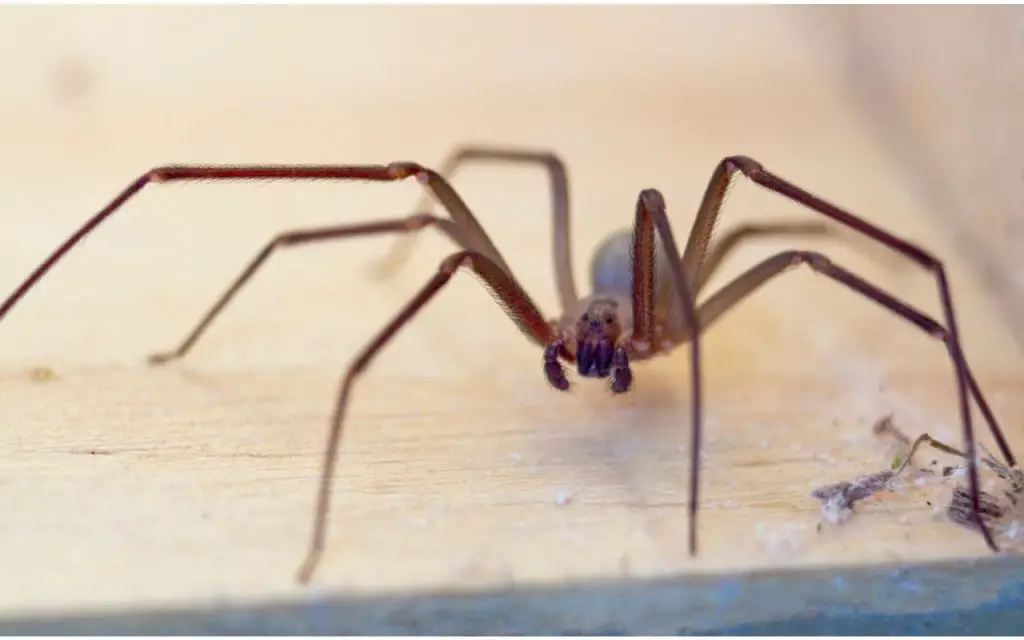
Can spiders hear when you talk to them?
Spiders lack hearing, but they can hear us when we speak. However, new research suggests that some spiders, especially fishing spiders, jumping spiders, and ogre-faced spiders, may hear via nerve-based sensors on their legs.
The receptors act like ears, receiving up soundwaves and transmitting them to the brain. Experiments demonstrated that when spiders moved their small hairs, or trichobothria, on their legs, the identical neurons responded when the spiders heard the noises.
Research revealed that when spiders adjusted their microscopic hairs, called trichobothria, on their feet, similar neurons responded to the sounds. Many species ‘hear’ by hearing airborne sound through ceramic substrates like leaves or rocks or webs, while others ‘hear’ via sensory hairs that sense air movement.”

Can spiders hear you scream?
Scientists previously believed that spiders could only detect disturbances within very few feet of their bodies. But according to new research, a species of jumping spider, Phidippus audax, can detect sounds up to 10 feet away.
Visuals and vibrations rule in a spider’s world. Such arthropods keep their eyes out for predators and prey, or in the situation of jumping spiders. They may also tell how nearby another animal is by the way its movement rattles the ground, wall, or web on which the spider is resting.
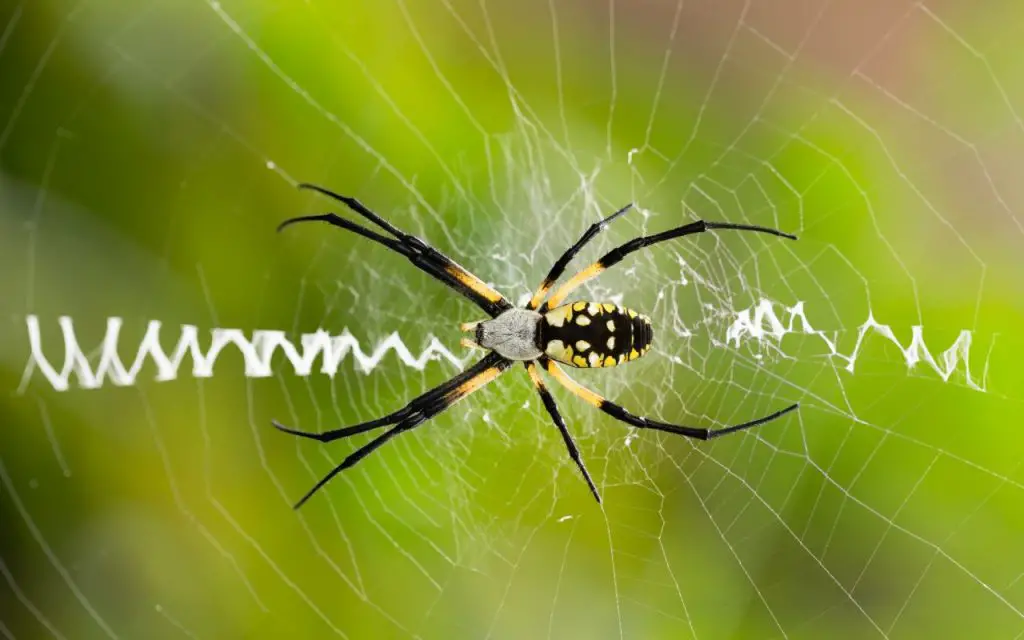
Can spiders hear you?
Spiders can hear humans chatting from metres away, despite many studies previously believing they couldn’t. They can hear noises from far longer away than previously imagined, even though they lack ears with eardrums like other creatures with long-distance hearing.”
Spiders sense noises using microscopic, hypersensitive hairs on their limbs rather than eardrums.
Do sounds scare spiders?
Spiders are not generally afraid of sounds, but they are concerned and cautious when they hear or detect anything unusual. Despite popular belief, ultrasonic sound repels spiders. When the spiders are subjected to low-frequency noises ranging from 80 to 400 hertz, they freeze.

Are spiders interested in humans?
Whatever you think of spiders, if you understand their behavior, it’s difficult to ignore that they are, the creatures who are very least interested in humans. Spiders can detect human odor and control how much poison is injected but, they would prefer not to inject any poison at all.
In contrast, if we maintain a filthy housing environment that draws other bugs, spiders will be delighted to be nearby. This explains why spiderwebs are commonly found surrounding porch lights, outside trash cans, woodpiles, and other similar structures.
Do spiders sleep?
Spiders and insects do take a rest. They find a secure shelter and experience a “stupor,” which means they are completely motionless. Spiders do not sleep like humans, yet they do possess monthly rounds of activity and relaxation like us.
Arachnids, notably jumping spiders, may doze in a dream-like condition, replete with fast eye movement, according to a recent study conducted by the University of Konstanz in Germany. Spiders cannot close their eyes since they lack eyelids, but they may limit their activity and metabolic rate to preserve energy.
This spider sleep pattern was defined by the researchers as a “REM sleep-like state.” REM, or rapid eye movement, is an active period of sleep in humans during which the brain’s areas light up with activity and is strongly associated with dreaming. REM sleep is the deepest period of sleeping that makes us feel refreshed and healthy.
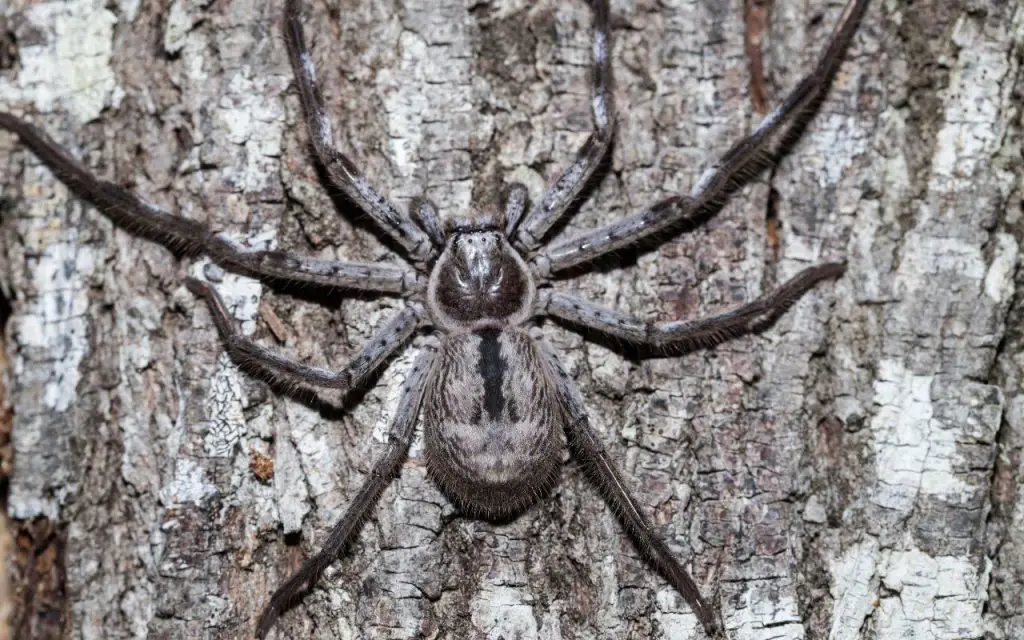
Do spiders fear humans?
Yes, as a reason, spiders are most usually found in infrequently inhabited spaces such as attics, guest rooms, garages, basements, or cupboards. Spiders are antisocial creatures who avoid human interaction at all costs.
When a spider attacks a person, it is usually because they are threatened and have no other option. A spider will flee if it can, but if it is going to be squashed, it will strive to protect itself.
Another reason spiders avoid humans is that we disturb their eating routines. We make it more difficult for spiders to collect insects to eat by turning on lights, creating vibrations and noise, cleaning up, and moving about.

Do spiders like quiet?
House spiders prefer to live in quiet, undisturbed environments with enough moisture and food. They don’t require much water, but because moisture attracts other bugs, spiders will frequently prefer to reside nearby as well.
Although they prefer quiet places with low traffic, both inside and outside, if their prey is discovered there, they will choose a busier spot.
Do spiders like cold rooms?
Most spiders are ectothermic, they can adjust their body temperature in response to their surroundings. They can, for example, relax in the sunshine if it becomes too chilly or hides beneath rocks if it becomes too hot.
So there’s no knowing what these spiders like because they can modify their temperatures at any time. Spiders are not drawn to heat and may survive in a broad variety of temperatures. Most spiders like temperatures about 70 degrees Fahrenheit.
They are extraordinarily adaptable creatures. They are adaptable enough to exist in a variety of environments, both hot and cold.
There still are spiders that dwell in tropical climates, some in cold temperatures like Iceland, and yet others in every environment in between. They are not all found in the same environment or at identical temperatures.
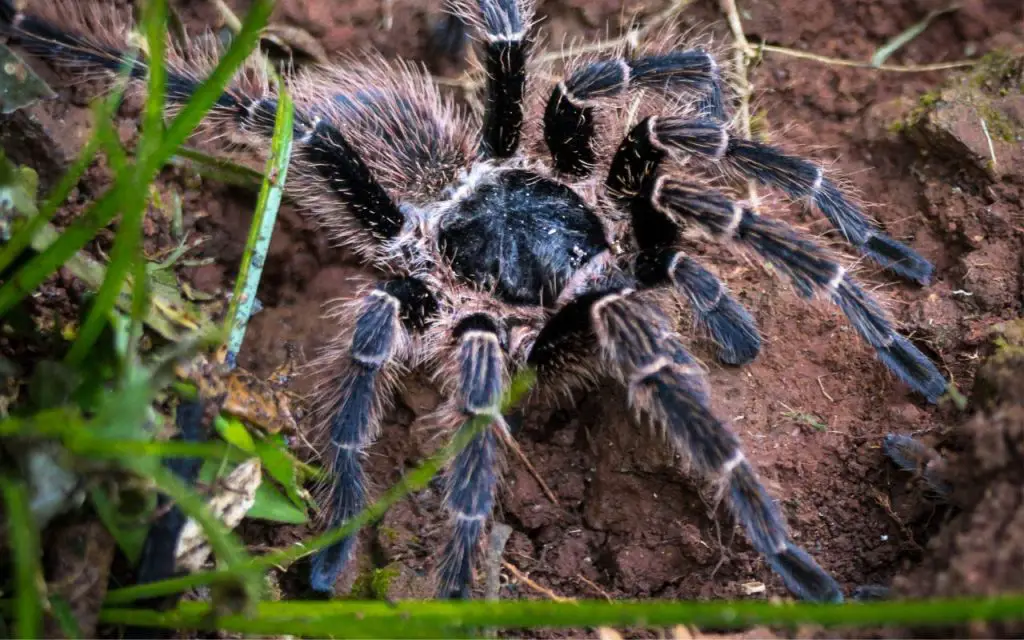
Do spiders like clean houses?
- Spiders prefer congested environments. If you have untidy rooms or litter, typical household bugs can wander throughout your house in the darkness and out of sight.
- Untidy rooms are an open invitation to spiders and other pests. The cleaner your apartments or residence, the less appealing it will be to spiders.
- Spiders prefer dark, quiet areas, so keep your home clean and litter-free. Balconies, sheds, and garages require rapid care since they are greatly favored by spiders, so make sure they are cleaned regularly.
FAQ relating to can spiders hear
Can spiders feel the music?
Yes, spiders can hear. Research has proven that spiders (at least those in the study) prefer tranquil classical music over stressful music such as techno and rap. Studies have revealed that spider hairs are so sensitive that they can detect human voices from many meters away.
Spiders are said to like listening to music. When a captain of the Navarre army was imprisoned in Paris and playing his lute, spiders crawled out from webs and listened to him. Pelisson kept a pet spider in his cell at the Bastille in Paris, and it would come to him to be fed whenever another prisoner played the bagpipes.
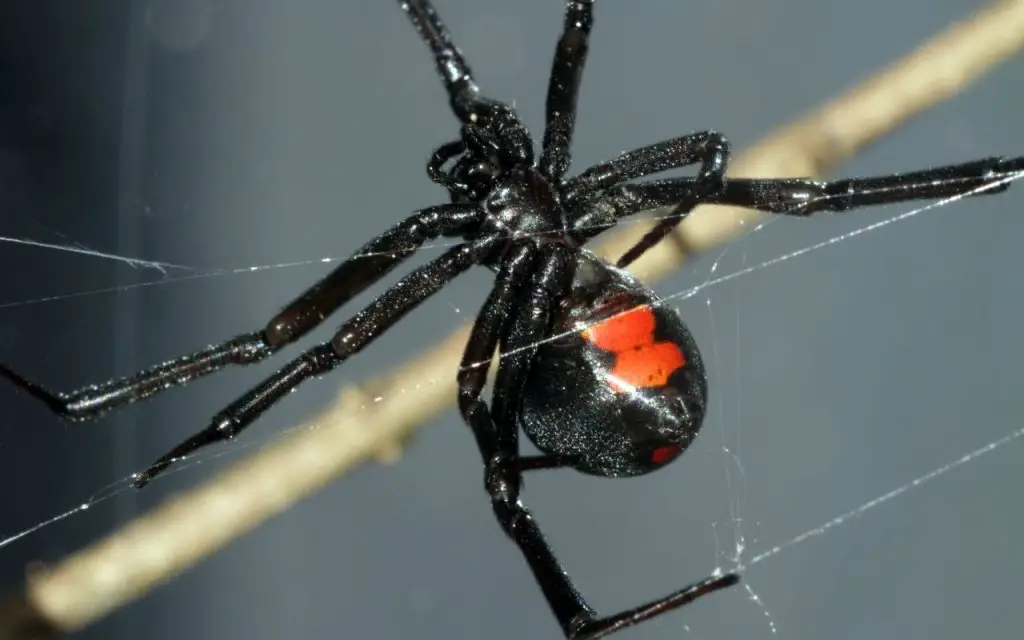
Can spiders hear sounds?
Spiders are known to respond when anything rattles their spiderweb, such as easy predators. Researchers reveal for the initial that spiders rotated, crouched, or flattened themselves in reaction to noises in the air in these new studies.
They can hear noises from considerably greater distances than previously understood. The spiders’ hearing seems to be based on microscopic hairs on their forelegs.
Do spiders hate loud music?
Yes, spiders are extremely sensitive to vibrations, including air vibrations, which constitute noise. They accomplish this by combing their legs’ hair. When the spiders are subjected to low-frequency noises ranging from 80 to 400 hertz, they freeze.
Are spiders Afraid of music?
The spiders were the most receptive to prey at moderate noise levels, not at the ‘silent’ level, as one might assume. This is most likely due to the intermediate level of noise being most close to what spiders would face on such a natural substrate like just a leaf simply from the wind blowing.
Ultrasonic sound is claimed to bother spiders and creepy crawlies, prompting them to flee the area. If you play music in a location where you’ve seen spiders, the vibration of music can impede their ability to choose the best moment to feast. They’ll swiftly go in search of a more peaceful location.







